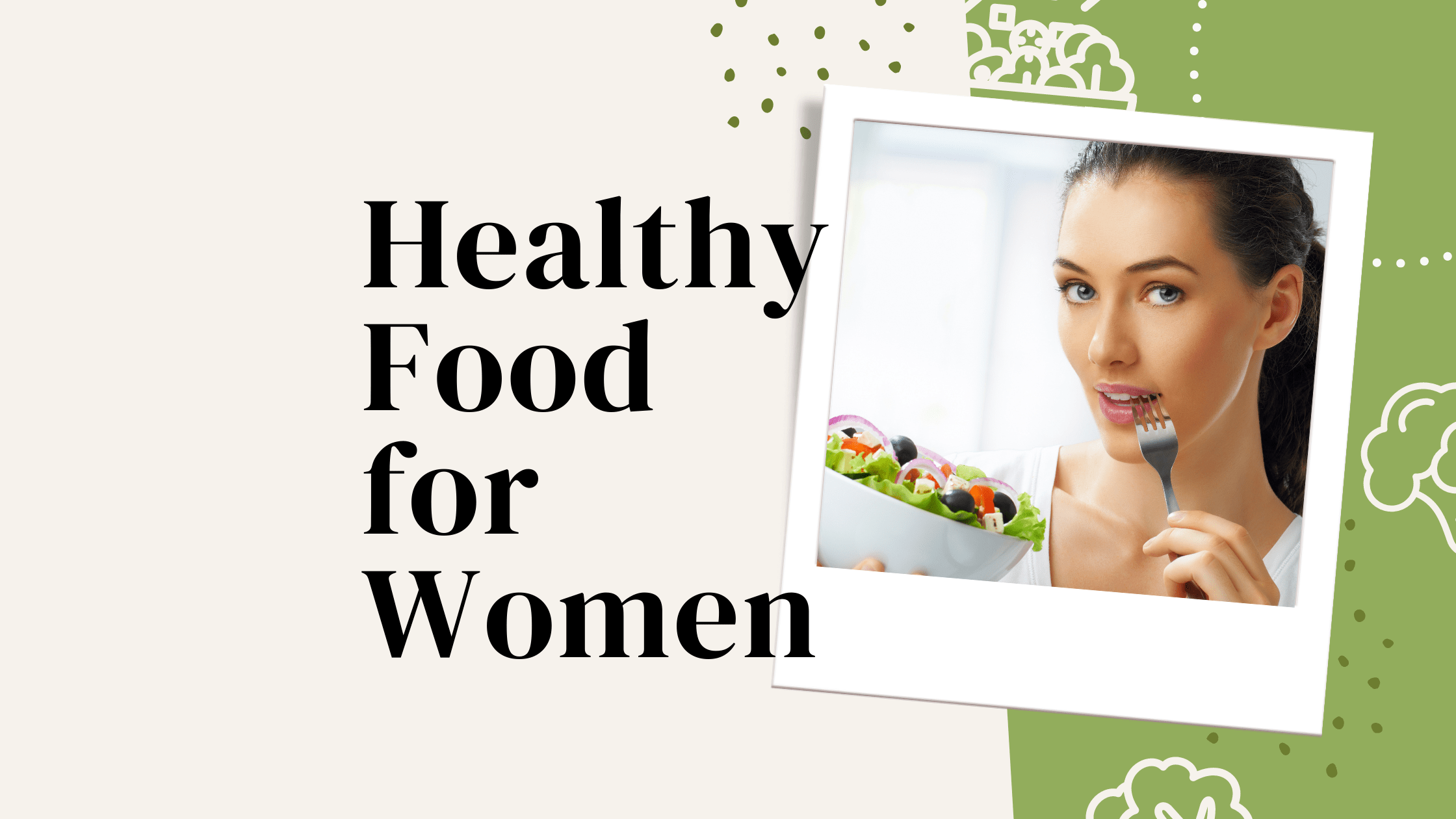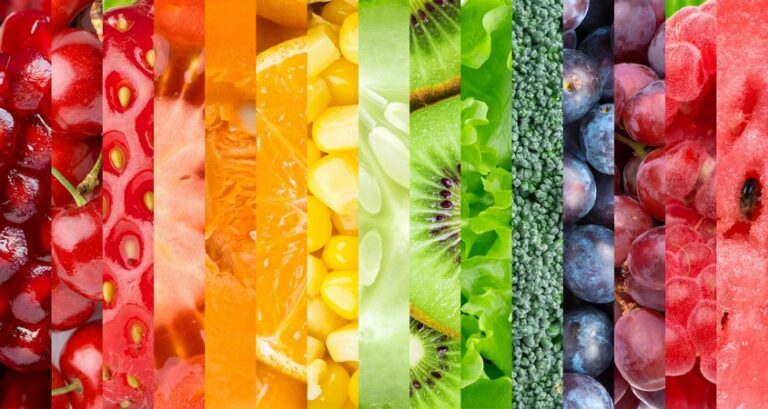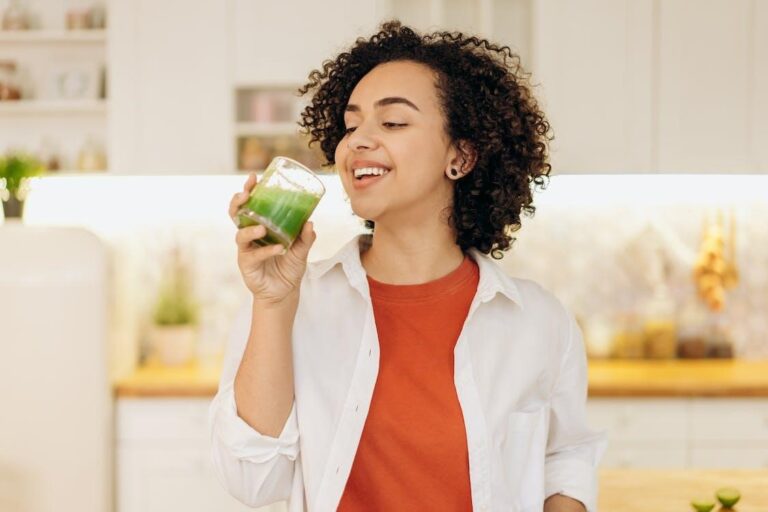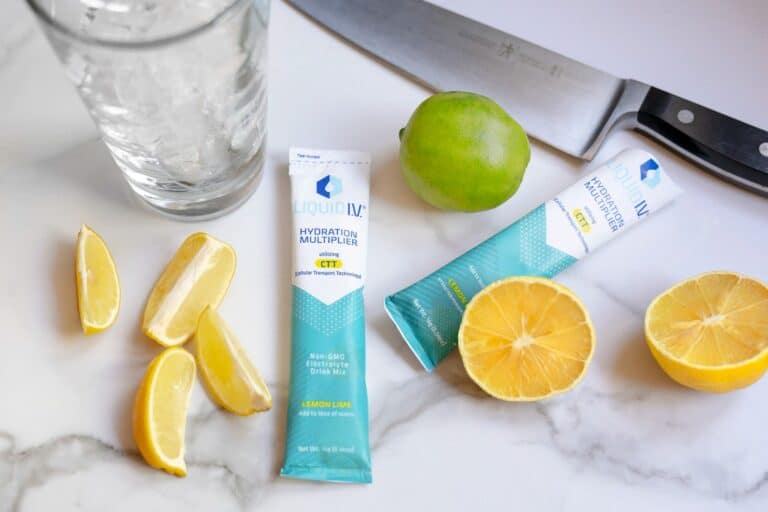Women’s Nutrition: Healthy Food Diet for Women
Published on January 9, 2022 – Last Updated on February 28, 2024
You’ve probably heard the saying, “you are what you eat.” Well, in a lot of cases, this is true. It could be argued that if your favorite foods aren’t healthy for you, they’ll end up making you sicker than what was initially wrong with YOU! So when we think about our health today, more so than any other point during life, there should be an emphasis on picking good options- significantly since those choices will affect not only where but also how much time remains until someone has to make decisions regarding their future self.
While there are some “don’ts” regarding nutrition, most people would probably benefit from following a diet plan that will keep them healthy. In fact, with the right kind of balance in mind, they might even find themselves living longer and healthier lives! So, to make it easier for you to understand why I’ve made a list of all the things you need to know about women’s nutrition and healthy food for women.
What are considered healthy foods for women?
The following information explores many popular types of diet and provides insight into whether each one would promote long term wellbeing or longevity by using healthy food:
1. Vegan
A vegan diet is used to describe the eating habits of those that follow a plant-based diet that excludes all meat and animal byproducts from their food choices [excludes fish, poultry & any meats.] In addition, this type of diet sometimes excludes other products such as eggs or dairy products if they are not raised humanely or environmentally sustainable.
2. Vegetarian
A vegetarian diet excludes all meat (including red meat) and fish from the diet but may include dairy products and eggs. A Lacto-Ovo vegetarian will eat dairy and eggs, while a Lacto vegetarian follows a similar pattern to what vegans follow and includes dairy into their daily intake. A vegetarian follows as such as well as consuming eggs.
3. Fruitarian
A fruitarian is an extremist vegan diet that only consists of foods that fall from trees and vines (so things like nuts, seeds, and grains are also excluded). Obviously, this type of diet would not be sustainable long term; however, it’s seen as a healthy eating alternative to some.
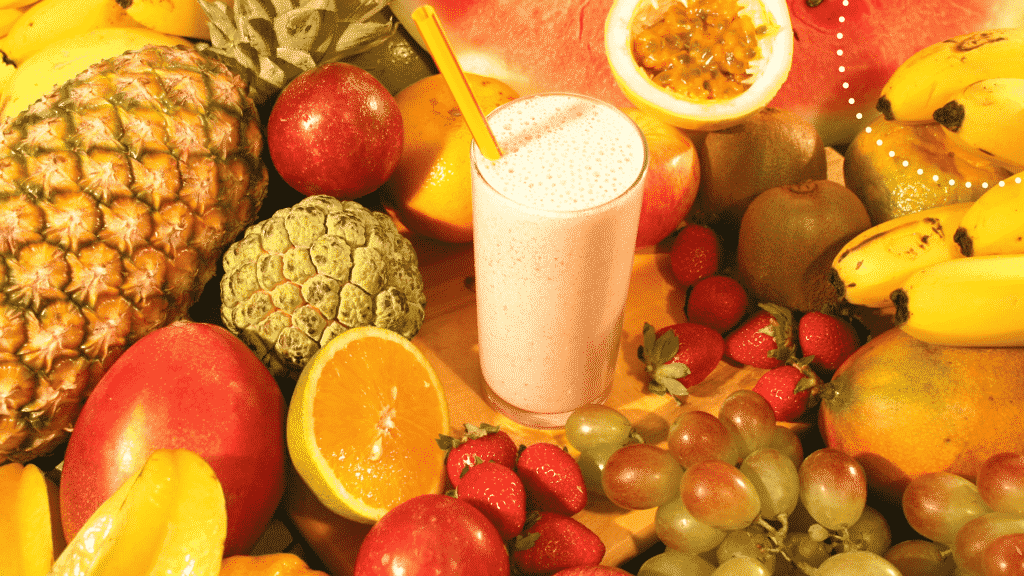
4. Raw Vegan
Raw vegan is a term used to describe a plant-based diet consisting of food that has not been cooked or exposed to temperatures beyond the threshold of approximately 118 degrees Fahrenheit [48 degrees Celsius]. This balanced diet can also consist of foods while being harvested, but it’ll be more difficult for someone to follow this plan to eat fruit or veggies from a farm. However, this form of veganism is very popular and is known to be the healthiest out of all other types mentioned here.
5. Gluten-Free Diet
Mainly used by those that have been diagnosed with Celiac Disease [an autoimmune disease that damages the lining of the small intestine when gluten is consumed by the person suffering from Celiac Disease], this type of balanced diet requires an individual to avoid any gluten-containing grains such as wheat or rye.
6. Low Carb Diet
A low-carb diet reduces one’s overall intake of carbs, and this most often leads to a steady increase in proteins and fats, while most carbs are eliminated from a person’s intake. However, carbohydrates are usually the biggest part of a person’s daily caloric intake, so this will have a significant effect on one’s body in the long run- especially if they’re not replacing it with another source of energy.
Do you ever find it challenging to determine if your favorite food is actually a healthy diet?
Yes, I do. Between misleading labels and the never-ending supply of healthy eating options on every supermarket shelf, eating well can be a confusing task! However, with some insight into what makes up an ideal diet, we will have a greater understanding of where our meals should come from – or whether they even exist at all in this world today.
What are the best foods meant for a woman’s diet?
1. Lean Protein
Lean proteins are great choices when it comes to a healthy eating diet. In fact, various studies have been done over the years that suggest including food sources such as chicken breasts and other lean meats can help individuals lose weight. So for women who are looking to get in shape and provide their bodies with the best kind of nutrients, proteins can be a great choice.
2. Green Veggies
Green veggies such as spinach and other leafy greens are some of the healthiest options out there when it comes to women’s nutrition. Not only do they provide you with energy, but they also help your body build muscle and other kinds of tissues. As a plus, they also have fewer calories and sugar.
3. Fiber
The more fiber you can add to your diet, the better off you’ll be when it comes to choosing the right women’s nutrition plan. Fibrous foods such as complete grains and other leafy vegetables will provide your body with tons of energy as well as nutrients that it needs to function correctly.
4. Low Fat Foods
When it comes to a woman’s diet, there are some foods you’ll want to avoid at all costs. For instance, saturated fats can be especially bad for those who have been diagnosed with type 2 diabetes or other types of health conditions that will affect the way their bodies process and store certain nutrients. In addition, to ensure that your diet is as healthy as possible, make sure to avoid foods such as cheese and processed meats.
4. Fruits
Fruits can be fantastic when it comes to choosing the right kinds of nutrition for a woman’s body. In fact, various studies have been done over the years, which suggest that women who eat a diet rich in fruit will have better immune systems and fewer chances of developing cancer. So, for healthy women, a variety of fruits should be included in their diets for optimal health benefits.
6. Dairy Products
While dairy products don’t necessarily make the top ten list when it comes to nutrition, they’re still pretty important as far as a woman’s diet is concerned. For instance, calcium can be one of the most important minerals for those who want to maintain strong bones and avoid developing conditions such as osteoporosis.
Calcium-rich foods will make sure that you develop healthy bones.
7. Whole Grains
Complete grains are probably some of the healthiest options available when it comes to women’s nutrition. Not only do they contain tons of fiber, but they’re also rich in nutrients that will promote a healthy weight.
8. Lean Meats
While eating red meat is certainly something to stay away from when it comes to women’s nutrition, lean meats are actually pretty great. Not only are they filled with protein, which helps build muscle and other tissues, but they’re also low in calories and saturated fats.
9. Fish
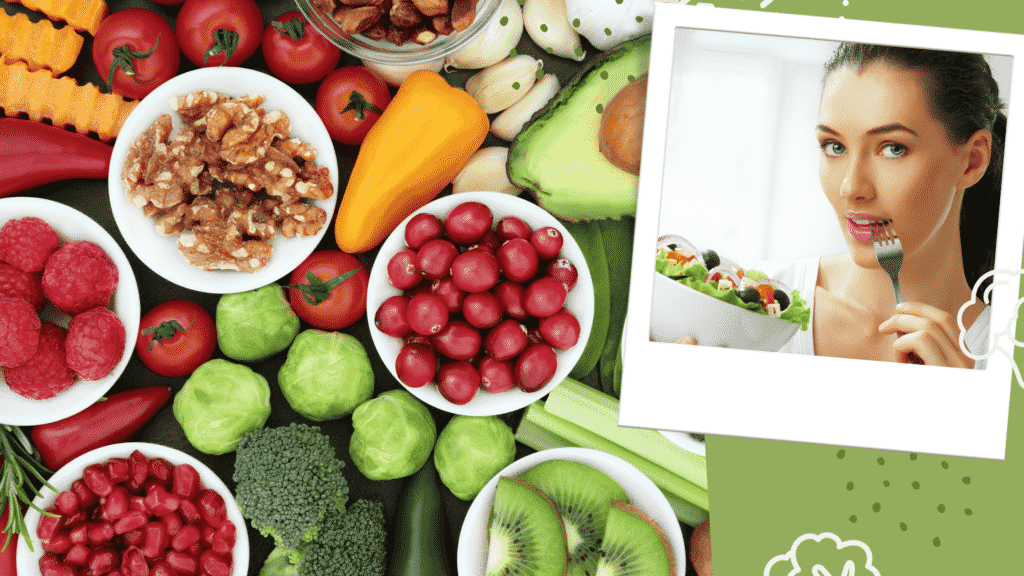
Fish is a fantastic option as far as women’s nutrition goes. In fact, many studies have been done that suggest that those who eat fish regularly are less likely to suffer from depression and other mental conditions. And since the risk of depression has been connected to an increase in heart disease, you’ll want to be sure that you’re eating fish as often as possible.
10. Avocado
Avocados are a fantastic food option for women who are looking to eat healthy every day. Not only are they filled with fiber and vitamins, but they also have plenty of healthy fats. Many individuals have started to consume them on a regular basis because they’re so helpful. They help you feel full, which means that you won’t be as tempted to eat other foods that are filled with carbs or sugar.
11. Beans
Beans are beneficial for every woman’s diet. For one thing, fiber is fantastic at creating energy and boosting your immune system. On top of that, they also promote healthy digestion.
12. Quinoa
As far as women’s nutrition goes, quinoa is one of the best options on this list. For instance, it contains more protein than most other whole grains. It’s also filling and nutrient-dense, which means you’ll be able to get a lot out of it.
13. Soy
Soy is an excellent food option for women who are looking to eat healthy every day. While the jury is still out as far as how much soy can really benefit a woman’s health, some studies suggest soy contains compounds known as phytoestrogens which help maintain hormone balance in the body. For that reason, it’s best to incorporate soy into your diet.
14. Eggs
Eggs are filled with protein, making them one of the healthiest options for women looking to eat healthy every day. While they aren’t on par with lean meats, they’re still pretty close. In addition, they contain tons of vitamins and minerals, and they taste great in a number of different dishes.
15. Almonds and Other Nuts
Nuts are often considered one of the healthiest options for women who enjoy snacking throughout the day. Not only are they filled with healthy fats, but they also contain fiber and protein, which will keep you full until your next meal. In fact, many women have snacked on nuts throughout the day because they are so filling.
16. Cottage Cheese
Cottage cheese is one food that’s often overlooked when it comes to women’s nutrition. However, cottage cheese contains a full dose of protein which will help you feel full while providing your body with some energy to get through the day. It’s also filled with calcium which will help to promote strong bones.
17. Yogurt
Yogurt is one of the healthiest options for women who are looking to eat healthy every day. And while many people think that yogurt has too much sugar, it actually contains lots of protein and calcium, which make it a great healthy food. In fact, there are even some brands of yogurt that have been fortified with omega-3.
18. Berries
Berries are one type of food filled with antioxidants and phytochemicals, which help improve your immunity. Maintaining healthy skin is another benefit of having berries in your diet. In fact, a study by Tufts University suggests that eating just one cup of berries per week reduces your risk of heart disease by as much as 25%. Berries are also rich in vitamin C.
19. Leafy Greens
Leafy greens are another healthy food option for women who are looking to eat healthy every day. The best greens for women’s nutrition include kale, Swiss chard, spinach, and collard greens. Not only will these delicious vegetables provide you with plenty of fiber, but they’re also one of the calcium-rich foods.
How to Read Food Labels for a Balanced Diet
The next time you’re grocery shopping for your healthy foods, keep in mind that just because something says “all-natural” on the label doesn’t mean it’s actually good for us. In fact, many processed food items have been stripped of their nutrients and made into a more palatable product with added sugar or preservatives – so read carefully!
Remembering what we’ve learned about nutrition thus far will help ensure our meals are tasty and nutritious. For example, we now know how to read labels, the importance of vitamin D, and what types of foods are best for us.
In addition, we’ve learned that nutrients found in our food, like calcium and potassium, help to reduce the risk of cardiovascular disease and osteoporosis. Not only that, but they will also help to keep us hydrated and promote healthy muscles, bones, and joints.
But most importantly, we’ve gained a better understanding of what foods contain antioxidants and phytochemicals, which help improve our immunity and promote healthful skin. This is why we will eat foods like berries, leafy green vegetables, eggs, and nuts – each of which provides us with antioxidants and phytochemicals that help fight disease and promote a healthier you!
We now know what nutrients are essential for women’s nutrition and how these nutrients help to reduce the risk of cardiovascular disease, increase our energy levels, improve our mental health, promote healthy skin, strengthen our bones and joints, regulate body weight, and keep us hydrated.
We also know which foods contain antioxidants and phytochemicals that work naturally in our bodies to fight infection as well as disease. Finally, and perhaps most importantly, we now know how to read labels and understand food labels so that we can make healthy choices every day.
What Should Women Eat to Stay Healthy?
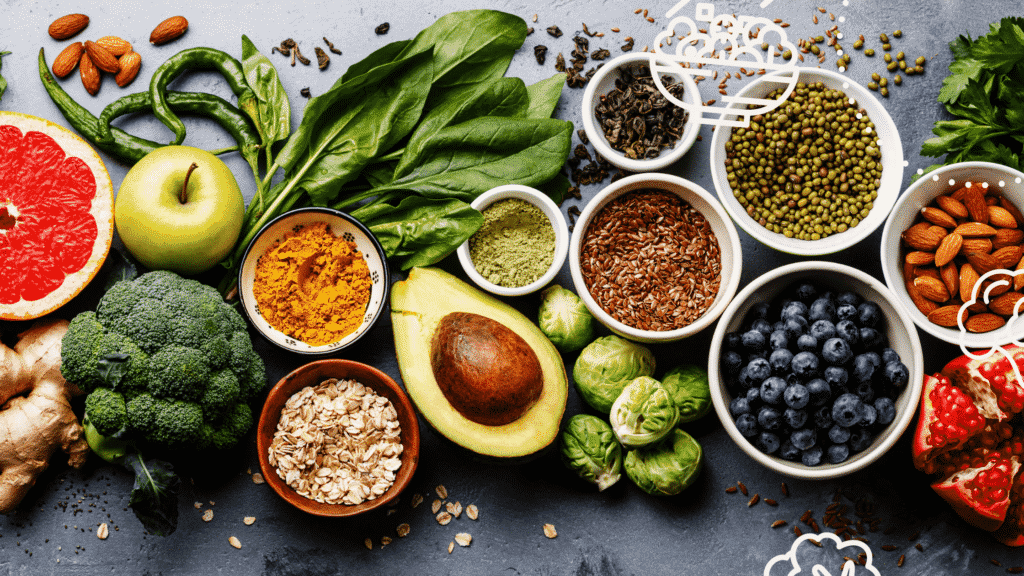
Our bodies need a balance of nutrients in order to function properly. This means that we should include plenty of fruits and veggies while cutting back on processed foods with added sugars or salt, which can lead you into an unhealthy lifestyle fast if they aren’t consumed closely together! It’s also important not just what kinds get included but how often as well – eat until your hunger pains away during dinner time rather than having snacks throughout the day because those will add extra calories without providing any particular benefit other than filling up space inside our stomachs.
- Solid foods, such as vegetables, and all of their subgroups, such as beans, peas, starches, and dark green, red or orange-hued foods.
- Fruits from the entire fruit may be eaten.
- Brown rice, quinoa, corn, millet, and other whole grains.
- Whole milk and cream are identical in nutritional value.
- A variety of animal and plant-based proteins, such as lean meat, eggs, nuts, seeds, and soy products.
- Avocados, olive, flaxseed, canola, and other oils are great sources of omega-rich fatty acids (including folic acid, which is great if you want to become pregnant).
In addition, it’s important to eat enough protein in order to stay healthy despite the fact that too much protein can lead to osteoporosis and other health problems. So when it comes to proteins, try to stick with fish, nuts, eggs, beans, chicken, and tofu without piling on too much cheese or condiments unless you’re following a high-protein diet.
Keeping your carbohydrate intake low is also important because you don’t want your body to suddenly change the way it functions just because you changed up your food choices! Eating healthy doesn’t mean you suddenly need to eat more carbs than usual or that you should avoid sugar entirely, which has its own set of drawbacks too.
Instead, include whole grains and veggies in your diet while avoiding simple carbohydrates that have a ton of sugar in them because those carbs might be good for short-term energy boosts, but they’re also terrible in the long term!
Women’s Vitamins for Preventative Health
There are many reasons to take vitamins. Some say that it’s good for your health and can help prevent osteoporosis. Still, some disagree on this matter since there have been no studies done yet in regards to not just calcium intake during periods without pregnancy or childbirth and female menopausal symptoms like hot flashes! If you’re going through these changes, then talk with a doctor before taking any supplements anyways- they will probably recommend an iron supplement instead because we lose more than 18 mg every month after coming off birth control pill use and throughout our premenstrual phases, too (although less). Omega 3 fatty acids may also reduce inflammation which is helpful when dealing with specific conditions such as endometriosis – but that’s not an excuse to start taking fish oil supplements without a doctor’s advice.
Conclusion on Healthy Eating
In conclusion, your diet can significantly impact your good health. If you’re looking to improve the long-term quality of life and those around you, you must pay attention to what goes in your mouth. Make healthy choices today so that tomorrow will be better than ever before!
Tags: healthy eating, healthy weight, vitamin d, folic acid, women healthy eating

